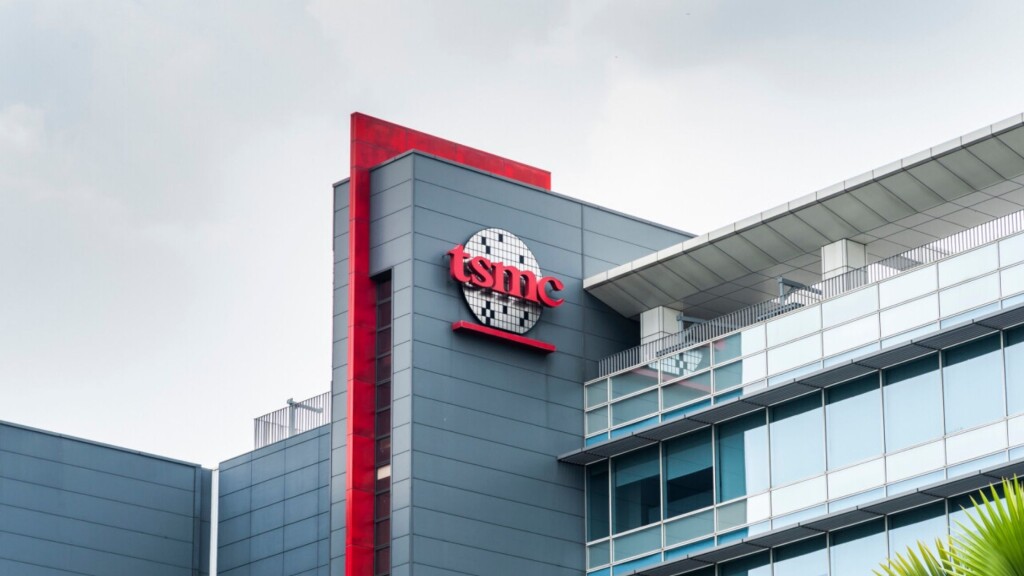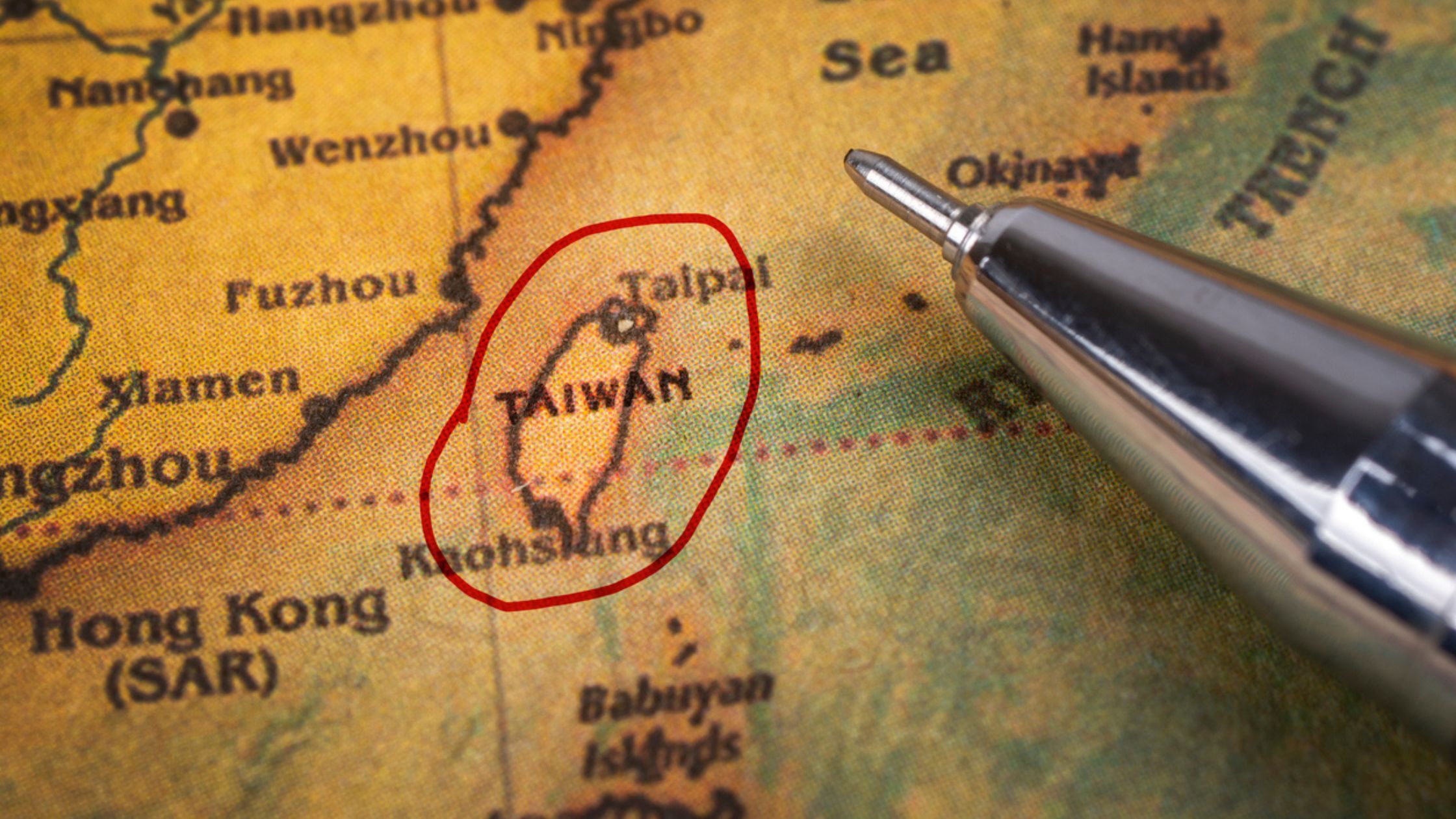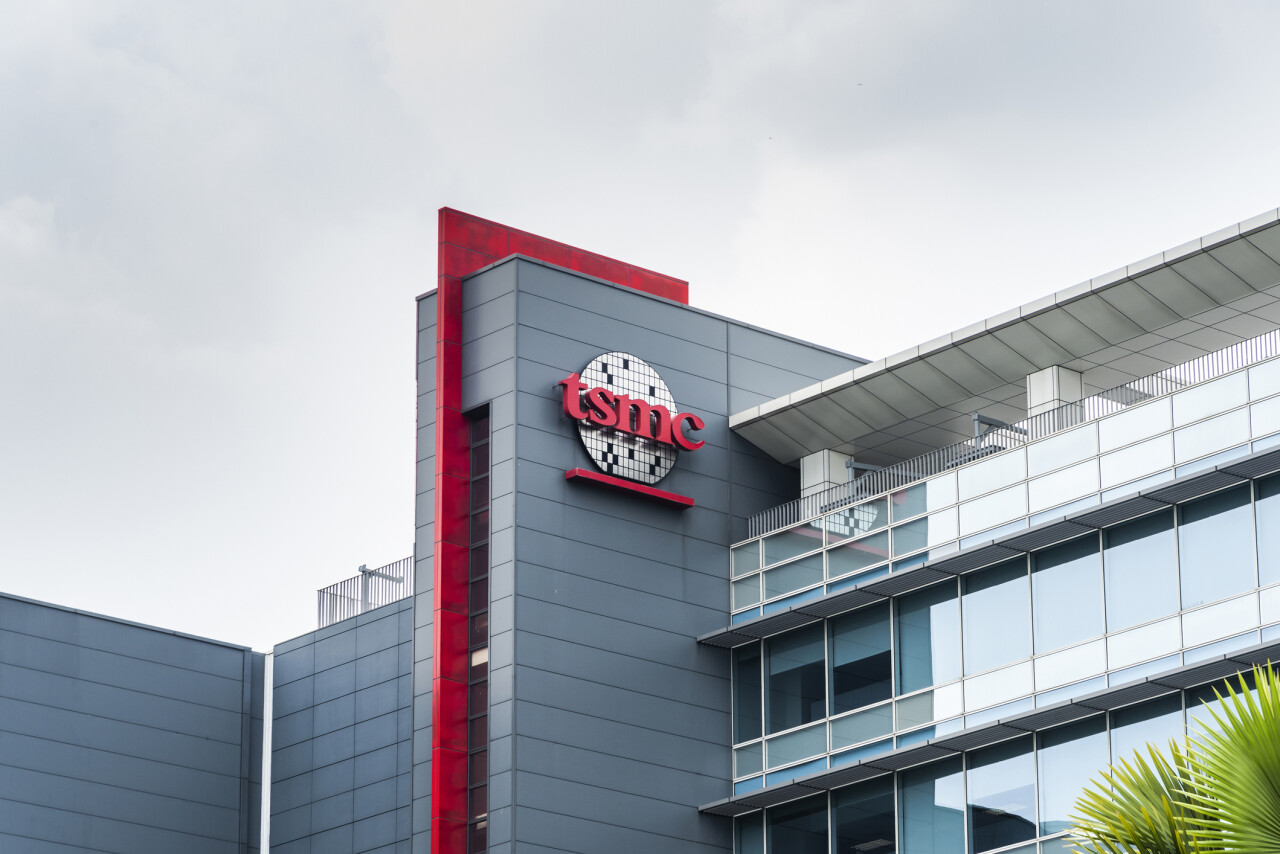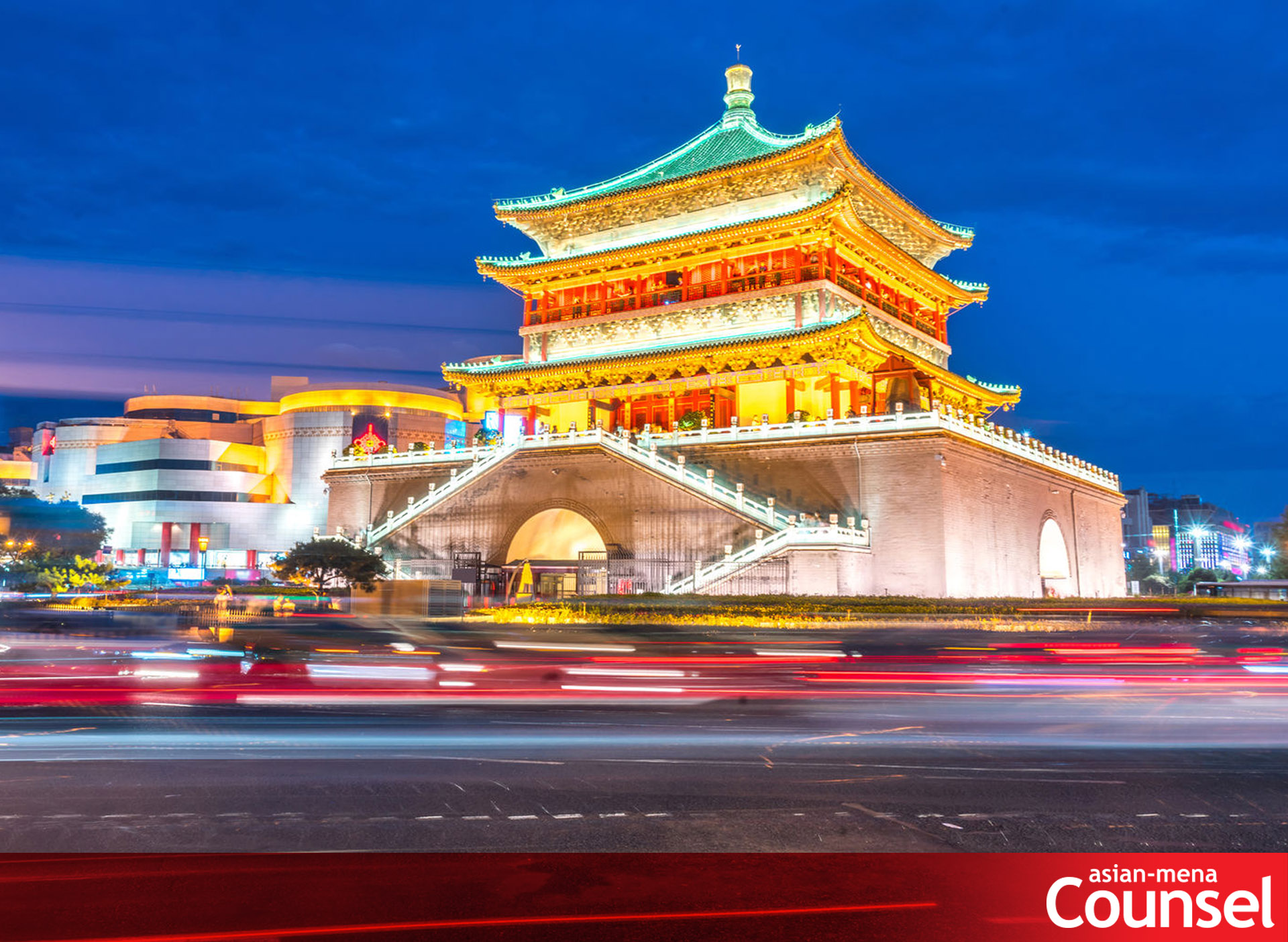TIPO and TWPAA Co-host Awards Ceremony for the Patent Specification Drafting Competition
The Taiwan Intellectual Property Office (TIPO) partnered with the Taiwan Patent Attorneys Association (TWPAA) on April 26 to host Embracing IP to Chase Dreams – the 2022 Entrepreneur’s Forum, which is part of the 2022 World IP Day series of events. The Patent Specification Drafting Competition for Youth was held concurrently in 3 separate locations in North, Central and South Taiwan, and attracted a total of 29 teams of students from 19 Taiwan colleges to participate. Contestant teams took classes and competed over a period of two days, and a panel of judges consisting of industry experts and government officials chose 3 teams as the winners. As a yearly event, TIPO hosts various events to celebrate World IP Day. This year, as part of the theme – IP and Youth: Innovating for a Better Future – the drafting competition was one of a package of activities intended to inspire creative thinking. During the two days of the event, undergraduate students were introduced to basic concepts in IPR and patent specifications, and with the guidance of professional instructors, the teams could practice converting creative ideas into tangible IP assets.
Taiwan Tightens Requirements before Allowing Investment in China
The provisions of the Regulations Governing the Approval of Investment or Technical Cooperation in Mainland China have been amended. In order to protect the IP of Taiwanese firms, the April 2022 revisions have broadened the definition of technical cooperation. This means that the transfer and licensing of computer program copyrights are subject to restriction. Also, the transfer of investments to individuals or entities in China will also be considered an act of technical cooperation, so now such actions will need to be approved in advance by the Investment Commission as opposed to after the event like it was previously. This will have immediate relevance to the semiconductor and display industries which have been a target of competitors in China seeking to harvest their key technology by buying into a shareholders position. The government is seeing the transfer of high-tech IP to China as a national security issue, and this latest adjustment of the abovementioned provisions is part of a series of changes in recent years to protect Taiwan’s IP and maintain its competitive advantage.
Partial Draft Amendments to the Copyright Collective Management Organization Act Passes Third Reading in Taiwan
The Legislative Yuan passed partial draft amendments to the Copyright Collective Management Organization Act at the third reading on April 29, 2022. The aim of the amendments is to ensure smooth operation, increased transparency, and prudent management of Taiwan’s collective management system to protect the rights of members and facilitate circulation of copyrighted works. The main highlights are as follows:
- A public consultation mechanism has been introduced. When a CMO applies for an establishment permit, TIPO will inform the public via its website, after which copyright users can leave comments for TIPO to refer to during the application process.
- There will be term limits for management-level positions and internal controls. By imposing term limits, it will reduce the possibility of a monopoly or abuse of power happening. The amendments also stipulate the need for internal controls to manage personnel, finances, and operations. Also, royalties must be deposited in designated accounts to ensure CMOs conduct operations in a reasonable and transparent manner.
- TIPO will be responsible for counseling CMOs in the use of innovative technology to help management remain up to date and efficient when conducting their duties.
- TIPO’s supervisory and guidance capacity will be expanded. TIPO will have the authority to request financial declarations and plans for improvement within a specified timeframe. TIPO will also have the power to suspend or dismiss any directors or supervisors found guilty of illegal conduct. If any funds are misappropriated or royalties not allocated in accordance with the law, TIPO has the right to revoke the establishment permit of the offending CMO.
Taiwan Revises IP Case Adjudication Act
The IP Case Adjudication Act oversees the procedural rules in the trials of intellectual property cases such as patents, trademarks, copyright, trade secrets and so on. The proposed new amendments will focus on the protection of trade secrets especially if it is relevant to national security. For civil cases, the amendment introduces institutions for centralized adjudication and increased participation of experts to facilitate the courts in handling cases involving newly emerging technologies. Some of the main points of the amendments are as follows:
- The Intellectual Property and Commercial Court (IPCC) will have jurisdiction over trials concerning theft of trade secrets, committed in Taiwan or overseas.
- The IPCC will have jurisdiction over criminal offenses involving the infringement of trade secrets that involve national core technologies.
- Activities in breach of a secrecy protective order will be subject to heavier penalties, and the crime of breaching a secrecy order outside Taiwan will be codified in order to improve the protective mechanism for the trials of criminal cases.
- For civil matters of IP, new measures such as mandatory representation by a lawyer and expert witnesses are being considered.
- An inspection system shall be added as a means of evidence investigation. A neutral technical specialist may be chosen to enter a defendant’s premises to collect evidential material during a pending litigation.
- The Patent or Trademark Review and Dispute Procedures will be instituted to conform to the current draft amendments to the Patent Act and the Trademark Act. An adversary system shall bring about the transitioning of remedial appeals for patent and trademark cases from administrative litigation procedures to civil litigation procedures.
- An information exchange mechanism between the proceedings of administrative reviews and judicial trials will be established. The requirement of a duty of notification by an exclusive licensee to the patentee and restrictions on the filing for a retrial due to inconsistency in judgements of patentability will also be imposed. Rules regarding the defensive post-grant amendment of claims during an infringement trial will be revised.
The proposed draft amendment has not been published yet, so there is a chance of further changes in the near future.
China Releases Top 10 IPR Cases in 2021
The Supreme People’s Court released the top 10 intellectual property rights cases and 50 typical IPR cases from 2021. The reason for publicizing these cases is to inform interested parties and the general public about what constitutes infringement and the punitive damages that might be incurred. One case that was summarized was the case concerning Wyeth, the famous brand of infant milk powder. Originally, Wyeth (Shanghai) Trading Co. was licensed to use the Wyeth trademarks in China. However, the former Guangzhou Wyeth Baby Maternal and Infant Products Co. engaged in large-scale production and sales of mother and baby care products using the Wyeth logo without permission. Due to the large range of infringing acts involving trademark squatting, false advertising, on-line selling, and falsely implying that it was related to Wyeth Co., the infringers were found guilty and ordered to pay punitive damages calculated by 3 times the compensation base.
CNIPA’s Draft Amendment to Patent Law Focuses on Patent Linkage
China’s Drug Administration Law is undergoing modification with new draft amendments being considered for the Regulations for the Implementation of the Drug Administration Law. One section is entitled ‘Intellectual Property Protection for Pharmaceutical Products’ and regulates where there is a patent right dispute during the application for marketing approval of the drug, the relevant parties may file a lawsuit to the court or request an administrative adjudication to the CNIPA. The examination of the application will not pause during the legal action. The National Medical Products Administration (NMPA) will then grant or withhold marketing approval according to the court’s judgement or CNIPA’s approval. The NMPA will also run a pharmaceutical drug patent information registration platform to disclose patent status of the drug. Article 39 of the proposed amendments provides market exclusivity for the successful chemical generic drug which wins a patent linkage dispute for a period of 12 months. In Article 40, the NMPA will not make public any undisclosed experimental data and will not approve any chemical drug or biologic that cites the same data of the previous market approval for 6 years. Article 28 states that a market exclusivity of no longer than 12 months will be awarded to the first approved drug of new variety, dosage form and strength for children, derived from an existing drug. Further, to encourage the development of new pediatric drugs, the applications for market approvals of pediatric drugs will be prioritized.
CNIPA Organizes Training to Upgrade IP Services
The China National Intellectual Property Administration recently organized an online training course for the Technology and Innovation Support Centers (TISC). The course aims to develop an advanced version of the CISCs by expanding its range of services and number of clients. The lecturers at the three-day course included a dozen Chinese and overseas IP experts such as Wang Peizhang, Director General, CNIPA Public Service Department, Andrew Czajkowski, Director, WIPO Technology and Innovation Support Department, and others from the Chinese Academy of Sciences, National Library and Yangtze Delta National Technology Innovation Center. Building a global TISC network, interpretation of IP policies, patent information search and use, and IP information service practice were among the topics discussed. Nearly 1,000 representatives from provincial and city IP administrations, TISCs in China and several IP information public service network members attended the course.













 Deep & Far Attorneys-at-law
Deep & Far Attorneys-at-law Yu-Li Tsai
Yu-Li Tsai Lu-Fa Tsai
Lu-Fa Tsai C. F. Tsai
C. F. Tsai







